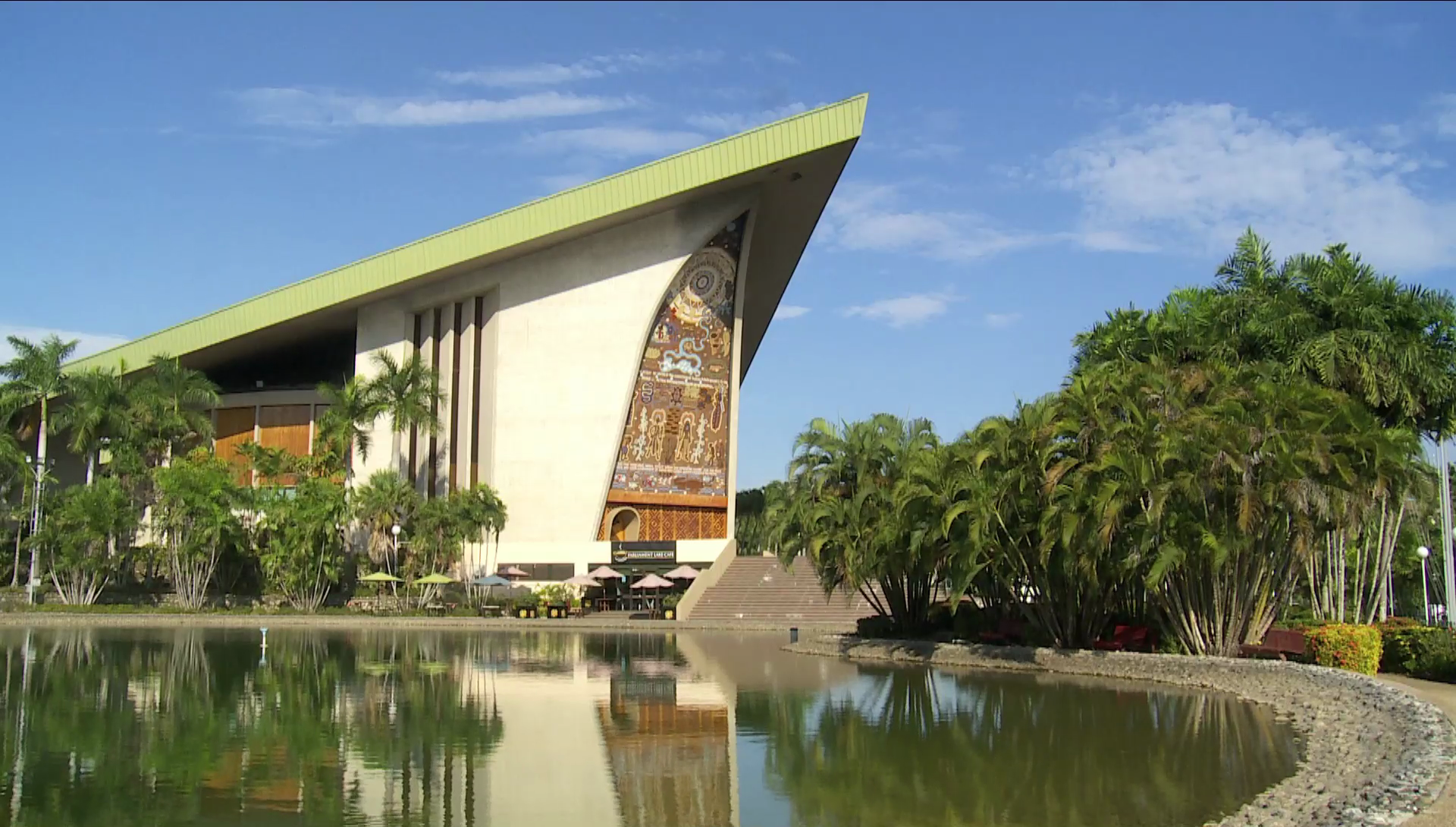By Meriba Tulo – EMTV News, Port Moresby
Parliament recently approved the National Procurement Bill 2018, together with the Public Finance Management Act Amendment.
This now sees the establishment of a National Procurement Commission (NPC).
The NPC will oversee the procurement exercise on behalf of public and statutory bodies, with different levels set for public and statutory bodies, district, and provincial committees.
Over the years, the process of awarding contracts for services provided to the State have continued to come under increased scrutiny, with claims that the procurement process had been compromised.
Over-priced contracts, coupled with sub-standard work have led many to lose faith in the country’s tender processes.
However, in a move to address this, the Government has embarked on reforms to clean-up and improve the country’s procurement procedures.
In the last session of Parliament, Members overwhelmingly voted in favor of the National Procurement Bill 2018 – 72 votes to nil.
This now creates the National Procurement Commission, NPC, which will oversee all procurement exercises from the LLG, district, provincial, and national level.
According to Finance Minister, James Marape, once established, the NPC will undertake timely, fair, competitive, transparent, non-discriminatory and value for money procurement on behalf of the State.
Among its immediate functions will be to maintain a register of providers of works, good, and services – which makes it easier in the tender process for goods and services.
Through the NPC, a website detailing procurement details will be developed, to provide greater transparency – something which has not been the case through current Central, Provincial and District Supply and Tenders Board Processes.
In addition, the NPC will also keep records for a period of seven financial years from a project’s approval date.
In the initial stages, the NPC will be overseen by a Seven-Member Board, three of these being Government office holders, with the rest representing professional bodies and the private sector.


